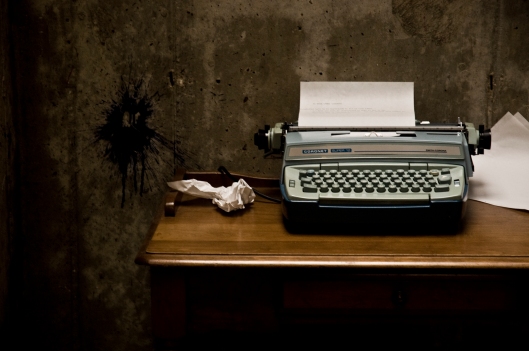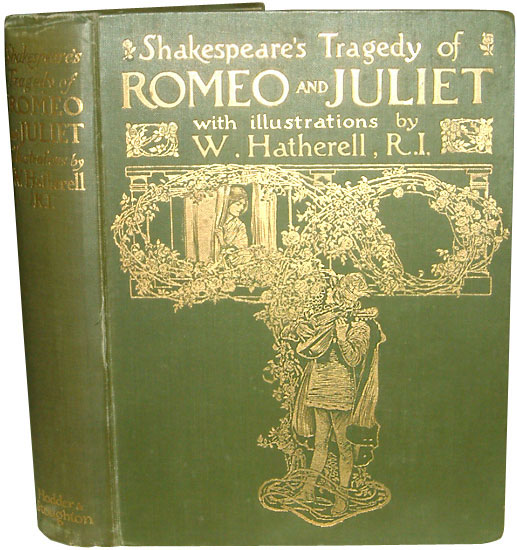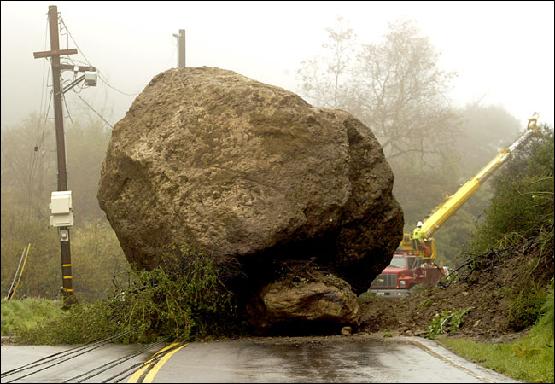Writer’s block. Every writer has encountered this obstruction of creativity at some point, and everyone has their own way of overcoming it. Some are proactive and try to find a way around it, while some step back and wait for inspiration to strike. As someone who’s tried it both ways, I have to be honest – people who wait around for inspiration to strike will often end up waiting a very long time.
Here are some things I’ve tried that have helped immensely:
1.) Tell yourself you only have to write a tiny bit. Limiting your assignment to one page, one paragraph or even just a few sentences can really take away the pressure, which is often what is causing your block in the first place. Anne Lamott, author of Bird by Bird, also recommends giving yourself short assignments. In her case, she only has to write as much as she can see through a one-inch picture frame, and no more. If you feel inspired to continue – great! If not, that’s okay, too. At least you’ve done something.
2.) Rituals. Many writers have rituals that help to get them in the mood for writing. Some put on music, or sip their favorite beverage, or have a special room for writing, or even go for a walk and think about what they’re going to write about. Whatever it is, it has to work for you. The first few times you try it, it may not have the desired effect, but after it becomes a habit, it often has the ability to gently coax you into the writing spirit. If not, try something else!
3.) Try rewriting a paragraph or two from your favorite book in your own words and using your characters instead of the author’s. The reason this works is that it gets you writing in your own voice and often inspires ideas for your own story.
4.) Write about something else. Take a day off from your story and work on something you’ve set aside. Sometimes taking a day to focus on something else will be just what you need to get back to your project.
5.) Write a description of one of your characters. Or all of them. This works great, because often you discover something about them that you’ve never thought of before, and this can add great plotlines to your story.
6.) Try a writing exercise. Most writing exercises are designed to draw out your creativity with the process of improvisational writing. I have found this to be very effective, and often, it can lead to ideas for future stories. One of my old college professors used to challenge us to a 15 minute “Quickwrite”. He would write a topic on the board, and then tell us to start. This forced us to write off the tops of our heads without thinking about how it sounded. We were not allowed to go back and read it or fix anything until the end. Some of the best writing was achieved in this way, because it forces you to drop your inhibitions. Try it!
7.) Change your scenery. If you’re used to writing in your dining room or your home office, perhaps a change of scenery is all it will take to raise your inspiration levels. Try writing while sitting at a café or on a bench at the park, or on a lawn chair in your backyard. If you don’t have a laptop and don’t like writing by hand, try the library. Most libraries have computers that you can use for free if you have a library card.
8.) Change things up a little. If you already have a writing ritual, and it doesn’t seem to be doing the trick anymore, maybe it’s time to change things a little. Change stimulates your brain, which results in an increase in creativity and a decrease in writer’s block. If you usually write in the morning, try writing in the afternoon or evening. If you usually listen to classical music, try listening to rock. Do something different, and see how your brain, and writing, responds.
9.) Never finish your sentences. Another little trick I’ve heard is to never end your writing for the day with a complete sentence. This will allow you to jump back into the same flow of writing as when you left off. This can prevent writer’s block because you’ll immediately know what to write and you’ll avoid staring at your computer screen for 20 minutes while you figure out what happens next.
10.) Realize that you don’t have to write the story in chronological order from beginning to end. Instead, think of yourself as a movie director. They shoot scenes in random order and then piece them all together to create the final product. Some scenes get cut, some get moved around and some get changed or reshot. You can do this with your story, as well. If the scene you’re working on isn’t working for you, jump to a different scene. You may change your mind and decide not to go in that direction after all, but the good news is – at least you got yourself writing again.





